According to a report published by the World Economic Forum, whales are a surprising weapon in the fight against climate change. Scientists say saving whales could be key to limiting global warming.
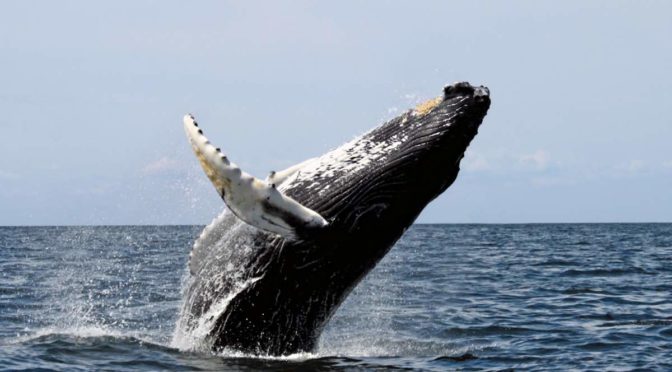

According to a report published by the World Economic Forum, whales are a surprising weapon in the fight against climate change. Scientists say saving whales could be key to limiting global warming.

Will our species go extinct? The short answer is yes. The fossil record shows everything goes extinct, eventually. Almost all species that ever lived, over 99.9%, are extinct.
Some left descendants. Most – plesiosaurs, trilobites, Brontosaurus – didn’t. That’s also true of other human species. Neanderthals, Denisovans, H. erectus all vanished, leaving just H. sapiens. Humans are inevitably heading for extinction. The question isn’t whether we go extinct, but when.
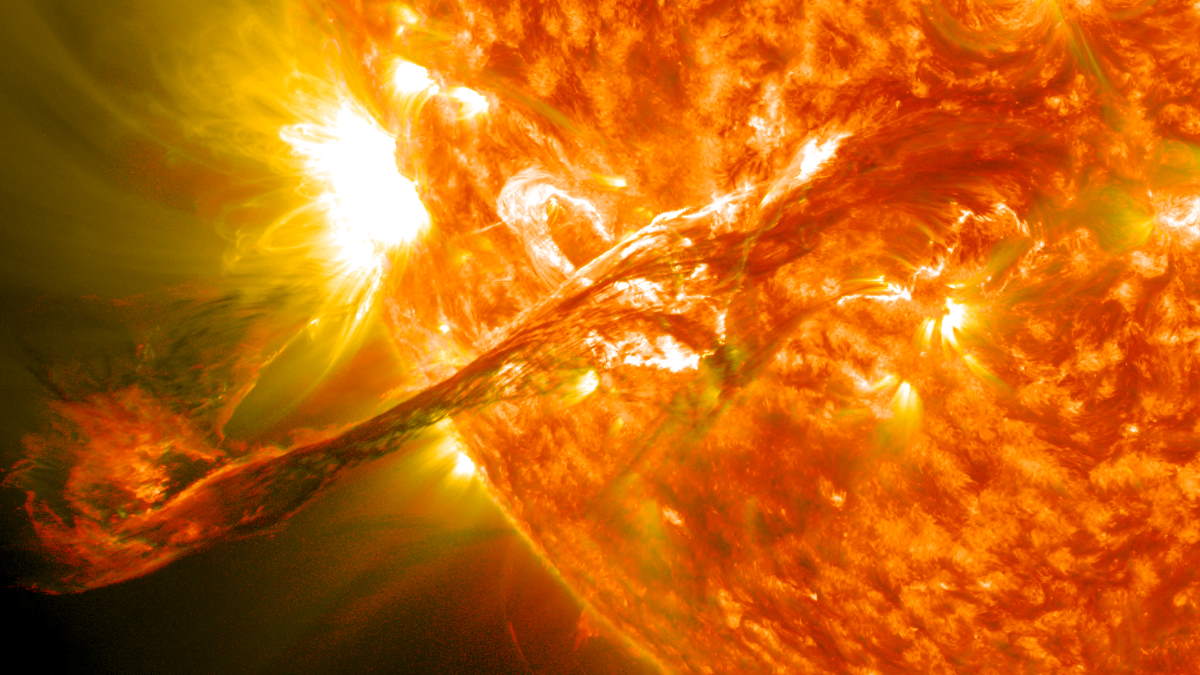
All stars emit varying amounts of light over time – and the Sun is no exception. Such changes in starlight can help us understand how habitable any planets around other stars are – a very active star may bombard its planets with harmful radiation. Now a new study, published in Science, shows that the Sun is significantly less active than other, similar stars.
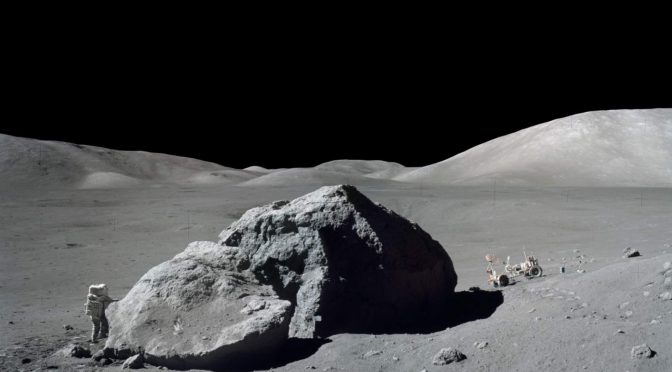
Life is the last thing you would associate with the eternally dark craters of the lunar poles. But these craters could hold the key to explaining how complex, multi-cellular organisms evolved on Earth hundreds of millions of years ago, affording unimaginable insights into our planet’s biological past.
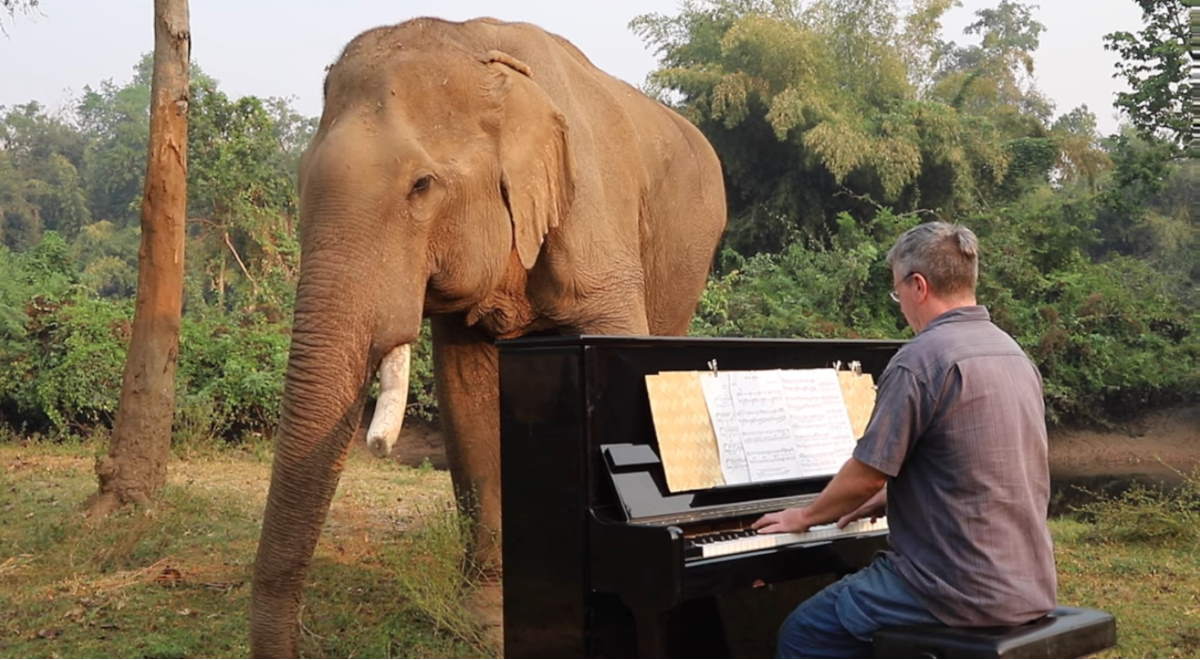
English classical pianist Paul Barton plays famous classical music pieces on the piano for elderly/disabled elephants. I recently discovered his channel on Youtube – he’s doing an amazing job.

Evolution explains how all living beings, including us, came to be. It would be easy to assume evolution works by continuously adding features to organisms, constantly increasing their complexity. Some fish evolved legs and walked onto the land. Some dinosaurs evolved wings and began to fly. Others evolved wombs and began to give birth to live young.
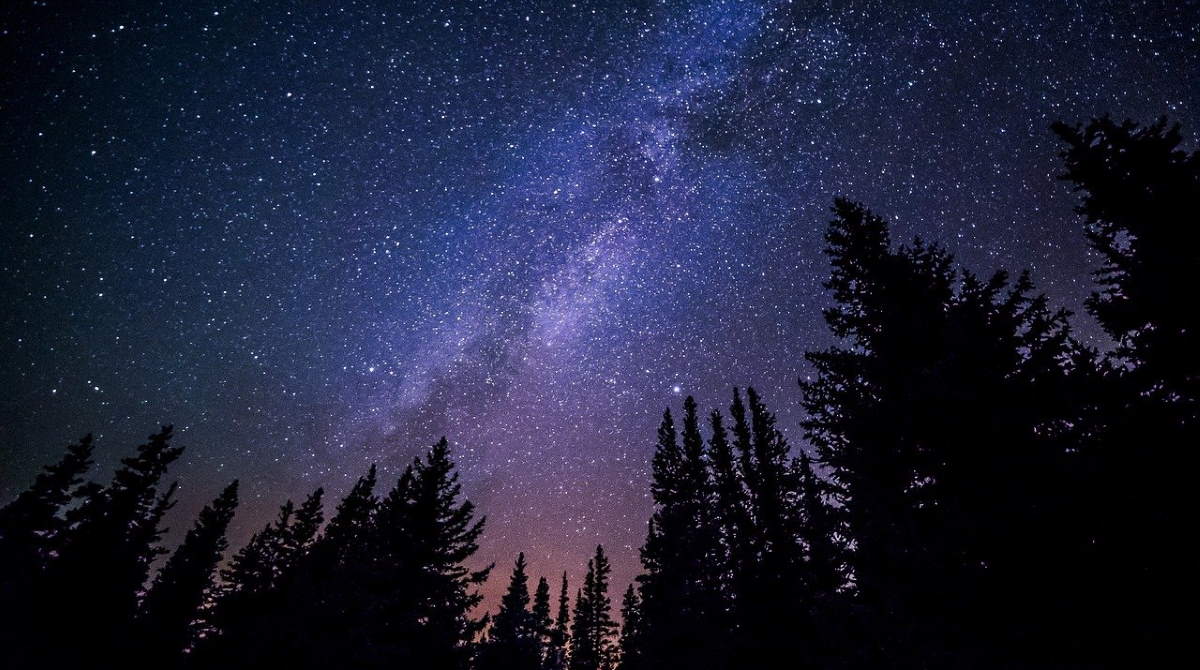
Why the night sky is dark? It sounds obvious. That’s what night is. The sun has set and when you look up at the sky, it’s black. Except where there’s a star, of course. The stars are bright and shiny.
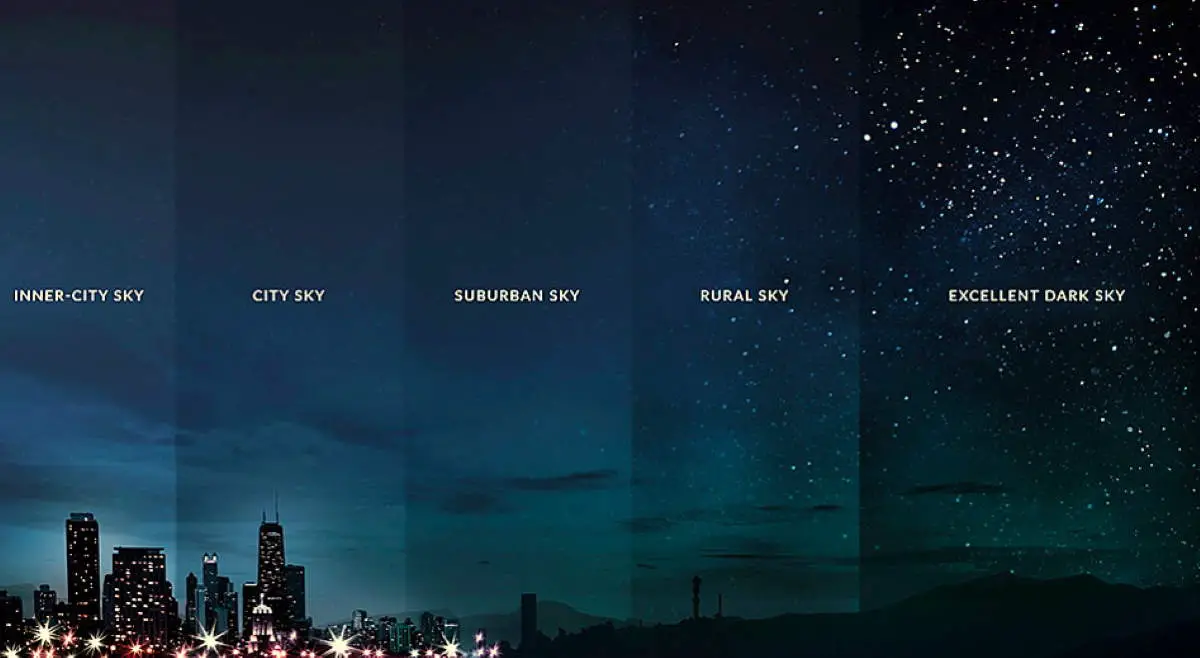
Do you remember when did you see a sky full of stars last? It’s been many years for me, I even can’t remember when I saw last. A lot of young people didn’t see even once, because of the light pollution in cities, since they were born in cities and probably never went to the countryside.

Once (almost) every four years, we have a “leap year” which has 366 days instead of 365. Why it is like that? Why do we have leap years? JAXA (Former NASA Goddard) Planetary scientist Dr. James O’Donoghue (@physicsJ) explains why we have leap years in his latest video.
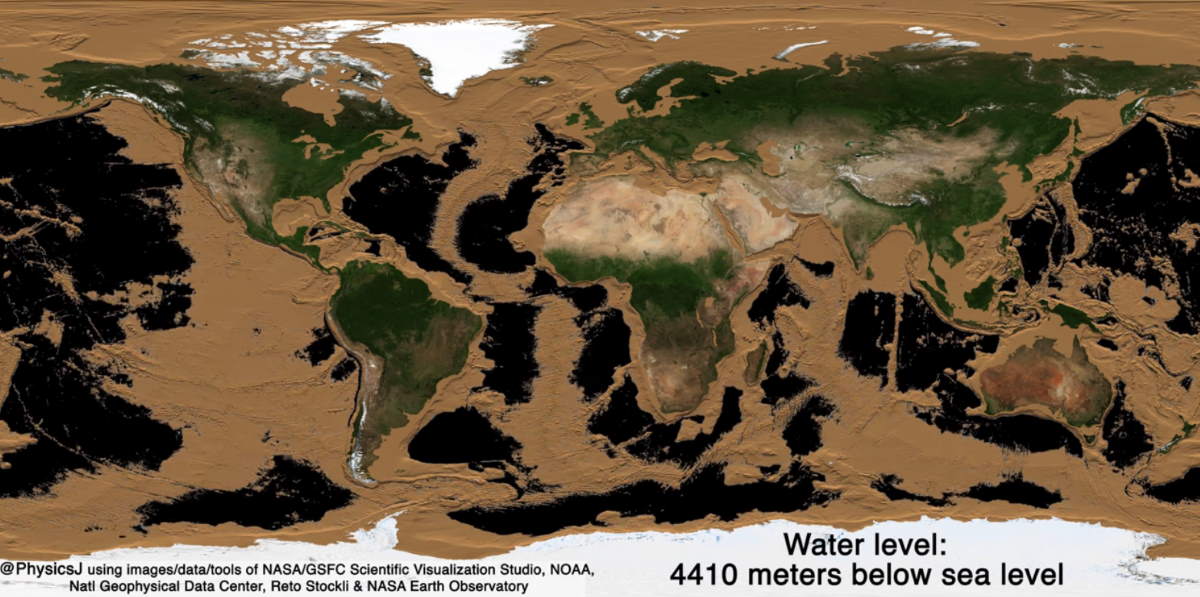
The Japanese Space Agency (JAXA) and former NASA Goddard Planetary scientist Dr. James O’Donoghue (@physicsJ) created another amazing video. He showed that what if we slowly drain the Earth’s oceans and see the two-thirds of Earth’s surface (that is currently under the oceans) we don’t get to see.
In other words, how our planet would look without water (spoiler: it definitely wouldn’t look like this).